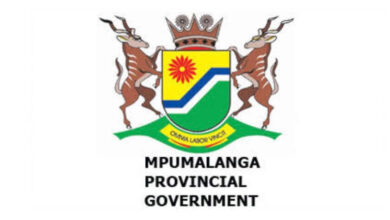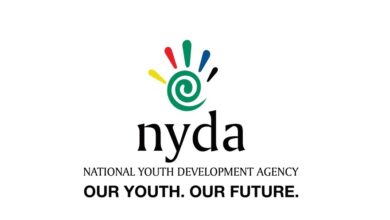A clean start opportunity for blacklisted South African citizens

 The removal of adverse consumer credit information and information relating to paid up judgments, commonly referred to as the “credit amnesty”, will be implemented from 1 April 2014.
The removal of adverse consumer credit information and information relating to paid up judgments, commonly referred to as the “credit amnesty”, will be implemented from 1 April 2014.
From this date, all registered credit bureaus (listed below) will have to remove adverse consumer credit information.
The adverse consumer credit information that credit bureaus will have to remove from 1 April 2014 includes:
1) Subjective classifications of consumer behaviour such as: delinquent, default, slow paying, absconded or not contactable;
2) The adverse classification of enforcement action, i.e. those that are related to enforcement action taken by credit providers including classifications such as: handed over for collection or recovery, legal action or write off;
3) Details and results of disputes lodged by consumers irrespective of the outcome of such disputes; and
4) Adverse consumer credit information contained in the payment profile represented by means of any mark, symbol, sign or in any manner or form.
Paid up judgments, which means civil court judgment debts, including default judgments where the consumer has settled the capital amount under the judgment, should also be removed from the credit bureau records from 1 April 2014, says Nomsa Motshegare, CEO of the National Credit Regulator (NCR).
Consumers are therefore urged to approach credit bureaus to check their credit records and to settle amounts owed on judgments as quickly as possible so that they can benefit from the process. Motshegare says the main purpose of the removal of adverse consumer credit information is to allow consumers to start with a clean slate. The payment profile on the consumer’s credit report will remain, Motshegare confirms. Only adverse consumer credit information contained in the payment profile represented by means of any mark, symbol, sign or in any manner or form will be removed. The payment profile information remains to assist credit providers when assessing consumers’ applications for credit.
Consumers should check their credit reports to see if they are eligible for the removal of adverse consumer credit information and information relating to paid up judgments. If consumers find that they have judgments on their credit reports, they should settle the debts first and then send the proof of payment to the credit bureaus. This will allow the credit bureaus to first verify and then remove the information where applicable. The consumer is by law, entitled to one free credit report per year and consumers are urged to get the free credit reports from any of the registered credit bureaus.
A consumer that requires information relating to his or her credit record can contact the credit bureaus below:
• TransUnion – 0861 482 482
• Experian S.A – 0861 105 665
• Xpert Decisions Systems (XDS) – (011) 645 9100
• Compuscan – 0861 514 131
• Consumer Profile Bureau – 010 590 9505
• CreditWatch (Pty) Ltd – 0861 000 694
• Crosscheck Information Bureau (Pty) ltd (previously known as MLCB) – 0105 909 505
• Inoxico – 010 001 0540
• LexisNexis Risk Management – 011 245 6500
• Managed Integrity Evaluation (Pty) Ltd – 012 644 4000
• Robertsons International Reports (Pty) Ltd – 011 777 4000
• Robertsons International Reports (Pty) Ltd – 011 777 4000
• Tenant Profile Network (Pty) Ltd – 086 187 6000
• Tenant Watch Business Activities (Pty) Ltd – 011 394 6828
Escalation of matters
• Credit Ombud – 0861 662 837
• National Credit Regulator – 0860 627 627
Sourced by:
Lebogang Selibi
Media Relations Officer
National Credit Regulator




